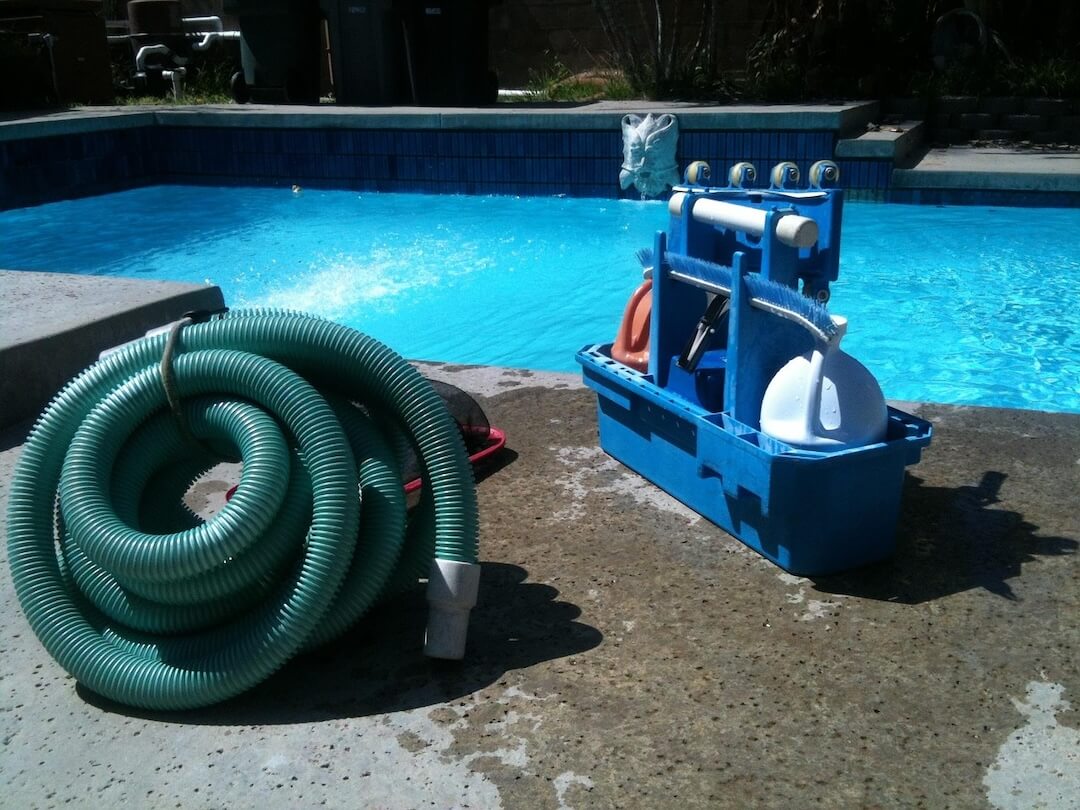Understanding Pool Pump Speeds and Efficiency

Understanding Pool Pump Speeds and Efficiency
In Fort Lauderdale’s warm climate, a well-functioning pool pump is crucial for maintaining clean, healthy water and ensuring your backyard oasis operates smoothly. One of the most important factors affecting your pool’s performance, energy consumption, and maintenance costs is the pool pump speed. Many pool owners overlook this aspect, but understanding how pump speeds influence efficiency can lead to substantial savings and better pool health.
What Is a Pool Pump and Why Is It Important?
A pool pump circulates water through the filtration system, removing debris, algae, and bacteria to keep your pool water clear and safe. It’s essentially the heart of your pool’s circulation system. The pump not only impacts water clarity but also plays a role in the overall energy consumption of your pool setup. In Fort Lauderdale, where pools are used year-round, selecting the right pump and operating it efficiently is critical to both maintenance cost and environmental sustainability.
How Do Pool Pump Speeds Work?
Traditional single-speed pool pumps operate at a fixed RPM (revolutions per minute) — usually around 3,000 RPM. They run at full speed regardless of the current needs, which can lead to unnecessary energy use and wear. Variable speed pool pumps, on the other hand, offer multiple speed settings, allowing you to adjust the pump’s RPM based on your pool’s requirements at any given time.
Most modern pool owners in Fort Lauderdale are shifting toward variable speed pool pumps because they provide more control, energy savings, and longer equipment lifespan. These pumps can operate at speeds as low as 600 RPM for regular circulation or higher speeds for cleaning cycles, making them highly adaptable to different pool maintenance needs.
Benefits of Proper Pool Pump Speeds in Fort Lauderdale
Energy Efficiency and Cost Savings
In Florida, where electricity costs can significantly impact pool maintenance budgets, optimizing pool pump speeds can lead to substantial savings. A variable speed pump running at a lower RPM consumes a fraction of the energy compared to a single-speed pump. For example, running your pump at 1,200 RPM instead of 3,000 RPM can reduce energy use by up to 70%, significantly lowering your monthly bills.
Prolonged Equipment Lifespan
High operating speeds cause more wear and tear on the pump motor and impeller, leading to frequent repairs or premature replacements — particularly in the humid climate of Fort Lauderdale. By operating your pump at the optimal, lower speeds when full power isn’t necessary, you extend the lifespan of your equipment, saving money over the long term.
Improved Water Quality
Adjusting pump speeds based on your pool’s needs helps maintain consistent circulation, which in turn improves filtration efficiency. Better circulation prevents algae buildup, reduces chemical usage, and ensures your pool water remains crystal clear — a priority for Fort Lauderdale residents who love their outdoor spaces.
Reduced Noise Levels
Single-speed pumps operating at full capacity can be noisy, disrupting outdoor relaxation in Fort Lauderdale’s peaceful neighborhoods. Variable speed pumps can run quietly at lower RPMs, creating a more enjoyable outdoor environment while still maintaining effective water circulation.
How to Choose the Right Pool Pump Speed in Fort Lauderdale
Selecting the ideal pump speed depends on factors like pool size, plumbing, usage patterns, and local climate conditions. Here are some tips for Fort Lauderdale homeowners:
- Assess Your Pool Size and Filtration Needs: Larger pools or pools with extensive features (like waterfalls or spa jets) may require higher speeds during certain cycles.
- Consult Local Pool Professionals: Our experts familiar with Fort Lauderdale’s climate can recommend the best pump settings and models for your specific needs.
- Implement a Variable Speed Pump System: These pumps offer the flexibility to set different speeds for different tasks, optimizing efficiency and performance.
- Use a Timer or Automation System: Automating pump operations ensures they run during off-peak hours, further reducing energy costs.
- Regular Maintenance and Inspection: Keep your pump and filtration system in top condition. Clogged filters or worn-out components force the pump to work harder, decreasing efficiency.
Maintenance Tips for Optimal Efficiency
- Clean your pump basket regularly to prevent debris from causing strain.
- Check for leaks or unusual noises that may indicate mechanical issues.
- Monitor your pump’s performance periodically to ensure it’s operating at the correct speed.
- Upgrade your pump if needed: Older models may not support variable speeds or energy-efficient features, making an upgrade worthwhile in Fort Lauderdale’s environment.
The Future of Pool Pumps in Fort Lauderdale
As Florida continues to emphasize environmentally sustainable practices, energy-efficient pool pumps are becoming a standard for responsible pool ownership. Our local pool service experts now recommend variable speed pumps as the best investment, especially since they qualify for rebates and incentives in some Florida municipalities. Moreover, advanced technologies like smart controllers allow pool owners to remotely monitor and adjust pump speeds for maximum efficiency.
In conclusion, understanding pool pump speeds and efficiency is essential for any Fort Lauderdale homeowner looking to reduce energy costs, extend equipment lifespan, and enjoy crystal-clear water with minimal effort. By choosing the right pump and operating it correctly, you can enhance your outdoor living experience while being environmentally conscious and budget-savvy.
Investing in a variable speed pool pump and practicing regular maintenance will ensure your pool remains a refreshing retreat in the Florida sunshine. Reach out to our local experts to assess your current system and upgrade for optimal performance — your wallet and your pool will thank you!



